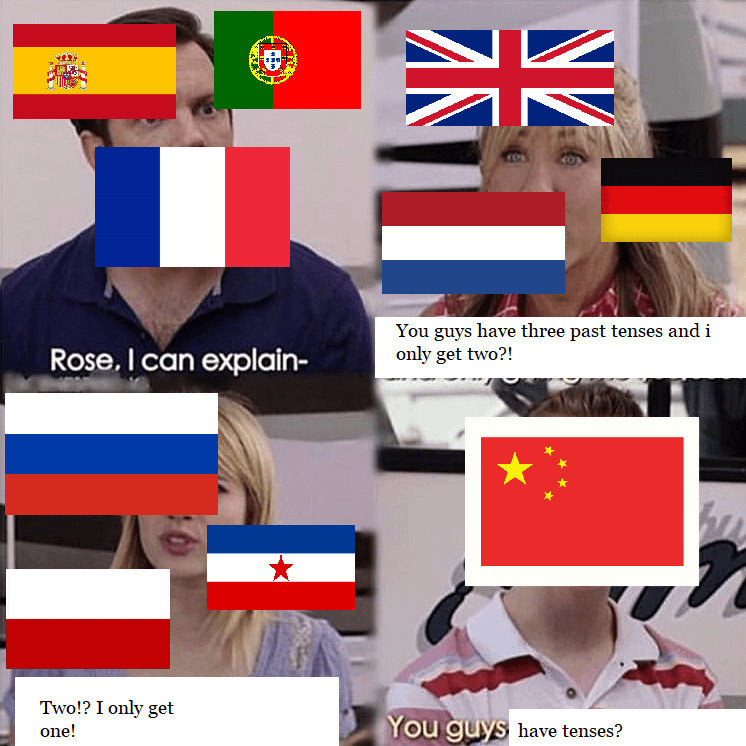Welcome, aspiring polyglot! Most people struggle when learning a new language, the bulk of this difficulty usually comes down to conjugation and mastery of the alphabet. While it is important to master every aspect of the alphabet, conjugation is a bit more forgiving. That said, there are some things you can do to make things easier on yourself. You should not under any circumstances avoid speaking simply because you are not perfect with your conjugations. At the end of the day, most people will understands you even if you using the improper conjugation.
First thing to focus on, though, is the present tense. It is normal to feel constrained, especially if you are only able to speak in the present tense, but you have to start somewhere and people are very understanding. Language skills take time to develop, but when you master one tense you will find that the others come easier. There are, however, patterns to everything and leveraging these patterns will allow you to progress at a far more reasonable rate. Before any of that, though, master the present tense.
The present is a gift for language learners
The reason people always start with the present tense is it is invariably the one you will be using the most often. Of course it will feel like you are constrained when you are starting out on your second language acquisition, but when you get a month in you will be happy to have built a strong foundation.
The average language learner is so eager to jump to more complex things that they forgo laying a strong foundation. It is impossible to build something incredible upon a weak foundation. Focusing your energy on the present tense and using the confidence you gain from that mastery will make every future tense more simple.
Perhaps more important than taking advantage of the simplicity of the present tense is the ability to begin speaking sooner. When you speak early and often you will be forced into situations where you are at a loss for words. This is a good thing, though it may be a blow to the ego.
When you are starting out, almost everything will be confusing, but over time you will be able to recognize more and more words. If you wait until you are perfect to try speaking in your target language, you likely will be waiting for years. What separates a good language learner from a great language learner is the focus on patterns. For this article, Spanish will be the example:
Keep reading with a 7-day free trial
Subscribe to Second Language Strategies to keep reading this post and get 7 days of free access to the full post archives.




